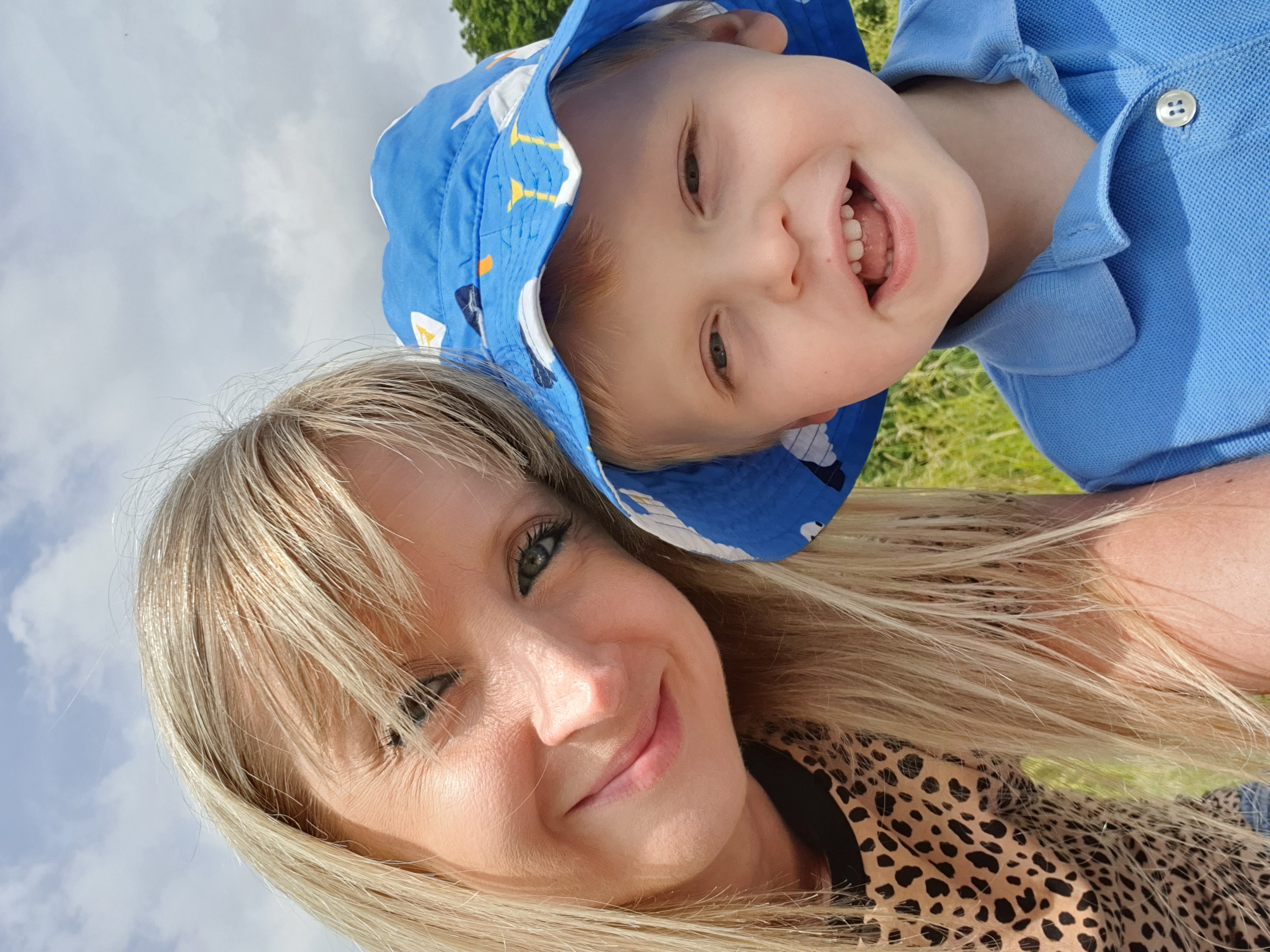🤯 3 Effective Stress Eating Solutions 🤯
- Louise Wilcockson

- May 3, 2021
- 3 min read

Whether out of stress, anxiety, sadness, boredom, or grief, it’s understandable why we often turn to food for comfort.
Food offers a pretty great—if very temporary—solution to our suffering.
It sets off a cascade of pleasurable sensations that make it easier to forget about uncomfortable emotional experiences.
When you stress eat, you’re using food to solve a problem. Only it’s a problem that food can’t solve.
What’s more, most people who experience emotional eating feel trapped and guilty afterward, which just perpetuates the behaviour.
It's a vicious cycle but one that can be broken. You just need to approach it in a new way.
There are three methods which I use with my coaching clients to prevent stress or emotional eating. We work on the following very early into our coaching together:
✔️ Develop awareness around what triggers your overeating
✔️ Have tools to help when your triggers are activated
✔️ Help you understand that your behaviour around food doesn’t define you as a person
These methods work together to tackle a complex problem. And hopefully, help put you back in the driver’s seat when you feel out of control with your eating.
Here are three strategies you can try today:
1. Allow Yourself To Overeat | Next time you get the urge to stress eat, treat it as an experiment.
Observe what you feel before, during and after you have an episode of overeating. Write down your observations every time it happens and start to observe patterns in your behaviour.
This process will not only help you identify triggers, but it’ll also start removing—or at least, lessening—any guilt or shame you feel around overeating.
2. Have A Distraction Menu | Pick a 5-10min action that you’ll always do before you engage in stress eating. Have a list of 3-5 good-for-you actions - like a “menu” of choices for yourself to choose from.
These actions are designed to disrupt the trigger/behaviour cycle.
Your menu should contain actions that are also good for you such as:
✔️ drinking a glass or water
✔️ going for a short walk
✔️ doing some stretches
If after you've done the action you still have the urge to stress-eat, do so - you'll feel less guilt as you've done something 'good' beforehand and have made a positive effort to break the cycle.
3. Take A Self Compassionate Approach | Self-compassion is an attitude of generosity, honesty, and kindness towards yourself.
Lots of people who deal with stress eating have negative self-talk running through their heads before, during, and afterward.
The cycle of negative self-talk, stress eating, and feeling bad about it can become a never-ending loop.
Self-compassion is a tool that can help interrupt that cycle.
You can work on your stress eating by being nice to yourself. There are 3 main elements to focus on:
✔️ Mindfulness: This is when you’re aware of what you’re doing, thinking, feeling and experiencing, but you’re not judging yourself for it.
✔️ Common humanity: Acknowledging that you’re not alone—that everyone goes through what you’re dealing with at some point.
✔️ Self-kindness: Being generous and decent to yourself.
When you’re about to stress eat, try to interrupt the cycle with some self-compassion and kindness.
Summary
It’s understandable to look to food to deal with negative feelings. Food provides us with joy, comfort, and sustenance.
We associate it with good memories, big life moments, and meals shared with loved ones.
But the more we use food to bury how we feel, the worse those uncomfortable feelings get.
The best way out of an uncomfortable situation is always through.
Is it the easiest path? No.
But it’s the only one that will provide relief.
Our brains (and lives, for that matter) tend to work in cycles.
But the stress eating cycle? It’s one you can opt out of.
Need help? Join my FREE Lose Weight For Life & Thrive Facebook Group and let me help you through the tough times ❤️




コメント